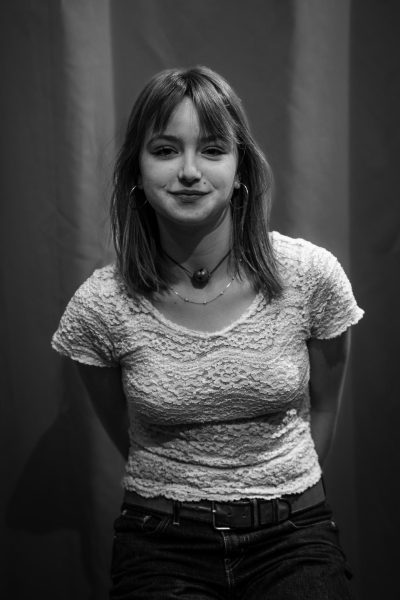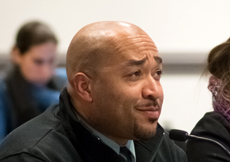Universal Pre-K Will Alter Childcare Landscape in Cambridge
January 15, 2024
Universal pre-K (UPK) for three and four-year-olds, a longstanding demand of Cambridge residents, will be rolled out for the 2024-2025 school year. Families will be able to enter their children in the standard Cambridge school lottery to be placed.
Engineers of the project, including the Cambridge Office of Early Education, Cambridge Public Schools, and the City of Cambridge, hope that UPK will work to address inequities. “The cost of preschool is sometimes equivalent to a month’s rent in our city, which is unbelievable,” Mayor Sumbul Suddiqui told the Register Forum. “No family should have to choose between sending their child to school early and making ends meet.”
Through raising salaries and education requirements for preschool teachers, UPK will also increase respect for early education as a field. Lisa Grant, the Executive Director of the Office of Early Education explains to the Register Forum, “It’s common to think of early education as glorified babysitting.” Grant hopes UPK changes that narrative, continuing, “We want to shine a light on how professional the position is and the education and skill it requires.”
Downstream effects of this program on CRLS are also a major factor in the program’s creation. “We hope to see increased retention and completion rates, elimination of education gaps (especially those emphasized by the pandemic), improved MCAS scores, and students performing at grade level,” Mayor Sumbul Suddiqui revealed to the Register Forum.
Despite a largely positive reaction, several concerns have been raised about how UPK could affect other early education providers in Cambridge. In cities such as New York City and Chicago, UPK has brought financial strain to private nonprofit and community-based daycare centers who lose tuition-paying families of preschoolers to the public system. “Nonprofit providers are the ones that serve babies and younger toddlers, currently the age hardest to find childcare for in Cambridge,” explained Eugenia Schraa, a candidate for School Committee and a current parent of a preschooler. “These centers already operate on very narrow margins, and if UPK isn’t deployed in a way that is thoughtful enough then these providers could be put out of business.” Without the preschool classrooms, daycares may be forced to raise prices for the infant and toddler rooms.
Additionally, current providers at preschools may not be guaranteed a position within the new UPK system. While every program in the city has to be licensed by the Department of Early Education and Care (EEC), UPK will require additional qualifications, threatening the jobs of some educators currently working in Cambridge DHSP preschools (Department of Human Services Programs).
To address this concern, the proponents of UPK will provide access to free college courses and credentialing to preschool providers both from DHSP and small independent providers. “We feel like the level of support our office is able to provide will not only sustain individual providers but also allow them to thrive beyond where they are,” said Grant.
Despite the concerns, there are high hopes for UPK. Mayor Siddiqui illustrated her ambitions, saying, “I hope it provides a strong foundation for students, supports teachers in delivering high-quality education, and empowers parents with a valuable resource for their child’s educational journey.”
This article also appears in our May/June 2023 print edition.











